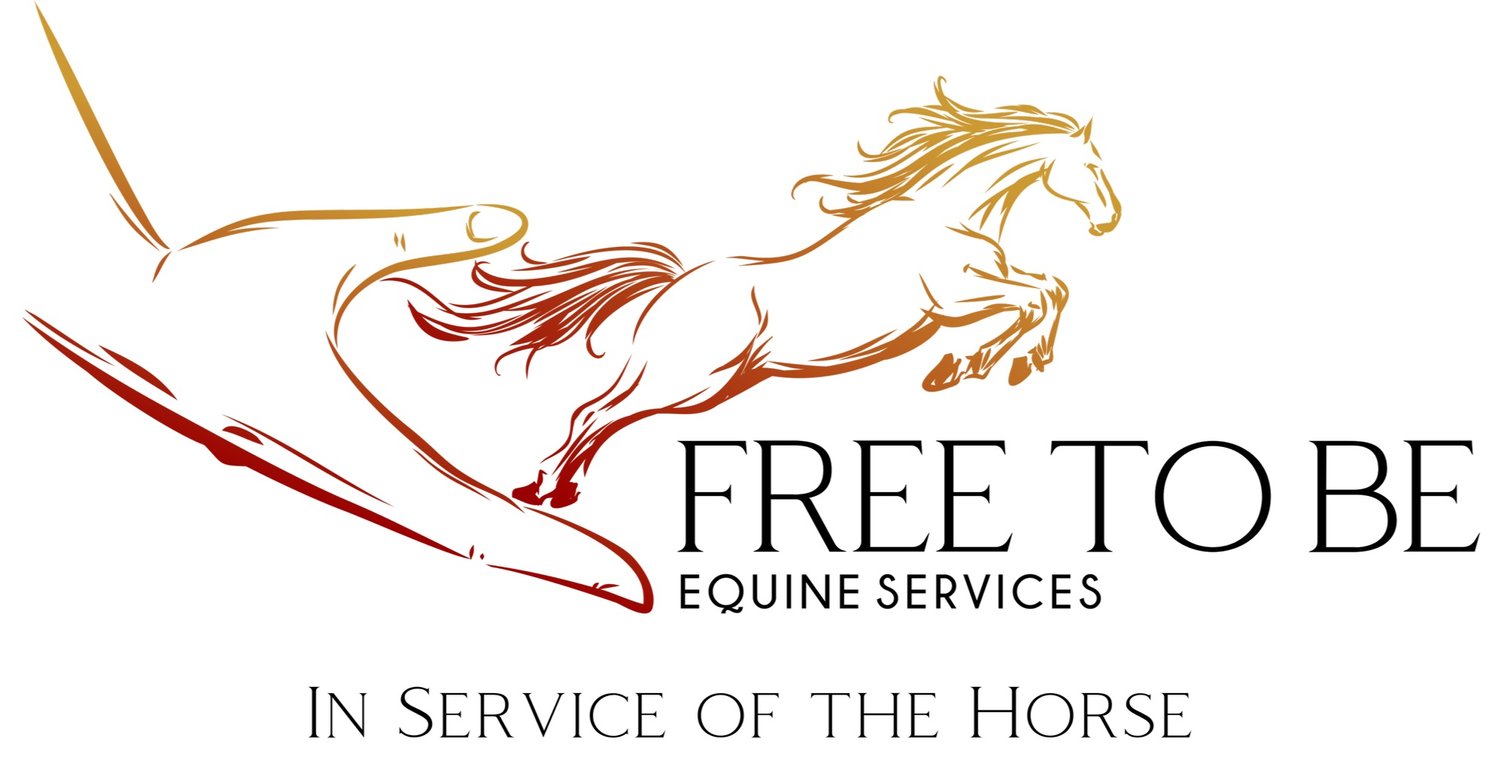This is a complex topic that I'm going to break down as simply as possible, but I can't possibly cover all of the infinite reasons why every horse responds differently - they are all individuals with unique situations.
I do encounter horses who improve drastically over a short period of time after I have worked with them, and maintain those positive changes long term. However, I never expect this to be the norm, and I carefully manage client expectations to be sure that no one is coming into a first session expecting a quick fix. But yes, it does happen, and it's a huge win for everyone when it does!
However, there are also many horses who improve only incrementally with each session, and require time and patience to unwind their bodies. The improvements are also not always linear - this can be the nature of healing in general.
I will admit that sometimes we have to accept a bit of mystery here - it doesn't matter how much assessment you do, or how many diagnostics are run, you will still occasionally work with horses who defy any logic or reason. But it's also important to recognize just how many - countless! - factors affect the wellness of our horses, both physically and emotionally.
If I am able to bring about drastic changes in a short period of time, and those changes remain long term, my training tells me that I was able to identify and address a root cause of the issue that the horse was facing. It also tells me that the other aspects of that horse's wellness - environment, lifestyle, hoof health, digestive health, human interactions, training, etc - are generally supportive of the individual horse's needs at that time. This is a simplified, generalized explanation.
Horses that require more time and work may be battling some or all of these factors that are preventing the body from freely unwinding or healing:
Undiagnosed/untreated dysfunction or disease. This could be digestive or nutrition issues, ulcers, arthritis, skeletal malformations, hoof balance, hoof health (such as thrush), inflammatory diseases, neurological diseases, dental issues, soft tissue injuries, the list goes on.
Management practices that are not appropriate for the horse's needs. Feed types/methods/schedules, turn out, social time, footing, etc. all come into play.
Environmental factors. Often a set up that is convenient for us as people, or doesn't seem like a stressful environment to us, is not the same for the horses.
Riding, training, or handling practices that don't support the physiology of the horse or their nervous system.
Equipment that does not fit or is poorly adjusted (everything from blankets, to halters, bits, bridles, saddles, boots, etc).
Past injuries and traumatic experiences (not all of which we will even be aware of).
Too many more things to list!
It can be extremely challenging - and it is often impossible - to rule out all of these factors with certainty. Even getting those immediate positive changes with bodywork does not rule them out. It definitely cannot be done by one person alone - you as your horse's steward, or a single professional. Surrounding yourself with a team of collaborative people is absolutely key. We must think critically, and creatively, to explore and address how we are helping - or hindering - horses to achieve their optimal wellness.
Everyone wants an answer for why their horse looks, feels, or behaves a certain way, and that is one of the greatest challenges for an equine professional to navigate. The answers are almost always complex and multifactorial. They are often an educated guess based on the information available at the time. It may be outside of the scope of practice for the professional involved, making it impossible for them to give you an answer. Answering one question may do nothing but raise another. And sometimes there is simply no answer at all. We have improved leaps and bounds in equine science and understanding horse behaviour, but they are still endlessly complex living beings, and there is so much that we don't know about their minds and bodies. Consider how much we still don't understand about human bodies and minds - and we can speak to each other!
We need to accept that the answers are not always available for someone to nicely package up and give to us, because I believe that the relentless pursuit of answers limits our horses from achieving balance and wellness in their lives. But that is never an excuse to ignore signs of a potential problem. "Ruling out pain" in horses is an impossible task because there is no measure for their pain. We can't exactly ask them to rate it from 1 to 10! Measuring stress is even more elusive, but any human who has experienced stress understands to what degree it can negatively impact our lives and our health.
I consider equine therapy and bodywork to be just as much an art as it is a science. I strive to be as knowledgeable as I can be and to always apply critical thinking and logic to my equine clients. But I also recognize that the mystery will always be present, and the only way to work with that is to lean into the artistry; the intuitive, the enigmatic, the magic of it all. Sometimes it feels to me like the horses are laughing at us when we try to explain away and put a neat little bow on every problem.

